Indian share prices plunged on Friday after regulators accused two dozen brokerages of manipulating public offerings, but the market quickly bounced back to end higher as investors saw buying opportunities.
Mumbai's benchmark 30-share Sensex index dived 490 points, or 4.1 percent, to 11,344.61 in the first minute of trading in reaction to the crackdown. But the index later recovered all its lost ground as investors snatched up shares in one of Asia's fastest rising markets. It closed up 16.91 points, or 0.14 percent, to end at 11,851.93.
The interim order by the Securities and Exchange Board of India (SEBI) banned 24 brokerages from buying and selling securities on their own account. The brokerages named can still invest money for other investors.
Regulators alleged some market players grabbed initial public offering (IPO) shares earmarked for small investors and then transferred them into the names of big market operators who sold them for a profit on the first day of trading.
"The directions not to buy, sell or deal in the securities market including IPOs, directly or indirectly against registered intermediaries would apply only in respect of transactions in the proprietary account of brokers," SEBI said. "The transactions on behalf of clients would remain unaffected," SEBI said.
But the regulator later suspended the ban on one of the biggest brokerages Indiabulls Securities named in the interim order subject to verification of its clients.
Other major names, however, such as Karvy Stock Broking, ING Vysya and Motilal Oswal Securities remained barred from proprietary trading.
Those named in the interim order have 15 days to file objections. SEBI said the irregularities mainly involved the IPOs of Yes Bank and private equity firm IDFC but there were also other IPOs that were manipulated between 2003 and 2005.
"A total of 24 key operators have indulged in abusive practices in relation to 21 issues," SEBI said in the 252-page order.
India's central bank, Reserve Bank of India, in February had issued letters to all banks to investigate the role of market intermediaries and individuals in obtaining funding from banks "through devious means to corner the retail portion of public offers".
Some analysts said the SEBI order would be interpreted positively by investors as demonstrating a will to better regulate Indian markets. "The integrity of the markets will improve as SEBI has taken action swiftly," said Manish Chokhani, a senior official of Enam Securities.
India's three-year strong run in stock prices has spurred a rush of IPOs with around 15 billion dollars worth of shares being offered in the past year and an even bigger amount expected this year. Among the biggest offerings planned in 2006 is one from real estate developer DLF, which aims to raise around two billion dollars.
The Sensex has now climbed 26.1 percent this year after rising 42.3 percent in 2005 as investors poured money into the market drawn by India's robust economic growth. Overseas funds have led the rally this year, pumping in around four billion dollars into Indian equities on top of a record 10.7 billion dollars in 2005.
BR100
15,059
No Change
0 (0%)
BR30
42,931
No Change
0 (0%)
KSE100
148,815
No Change
0 (0%)
KSE30
45,206
No Change
0 (0%)


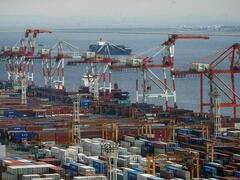


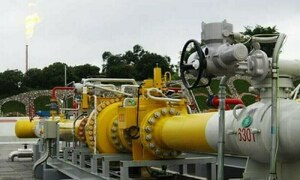

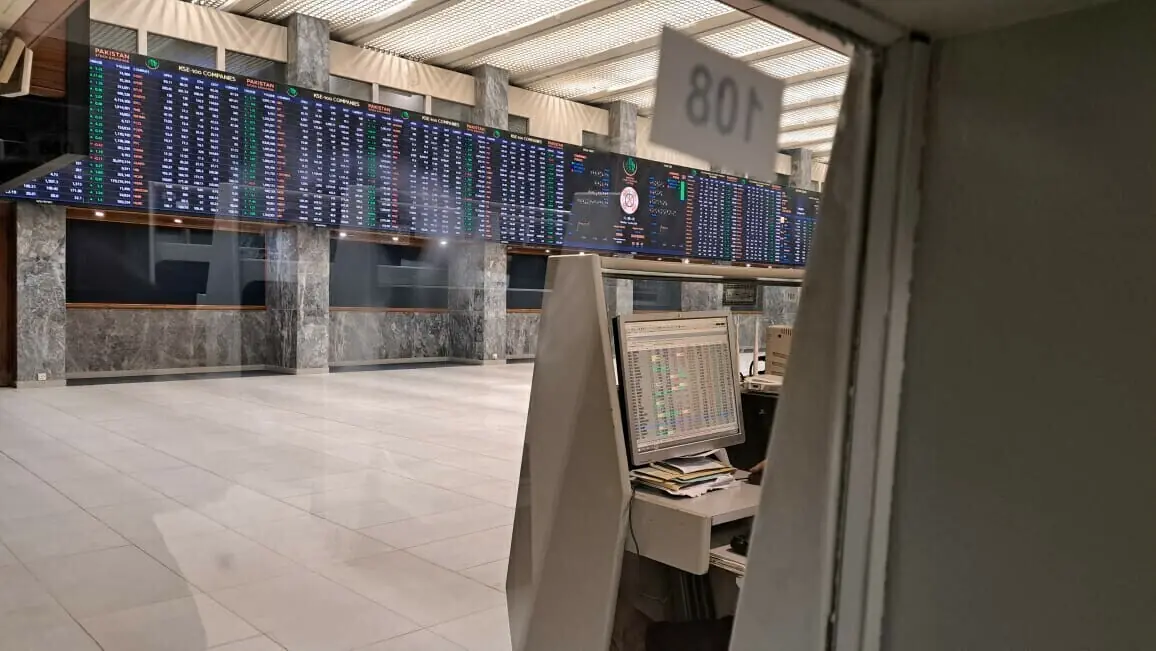

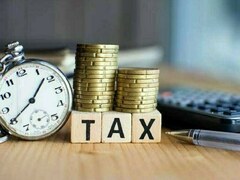
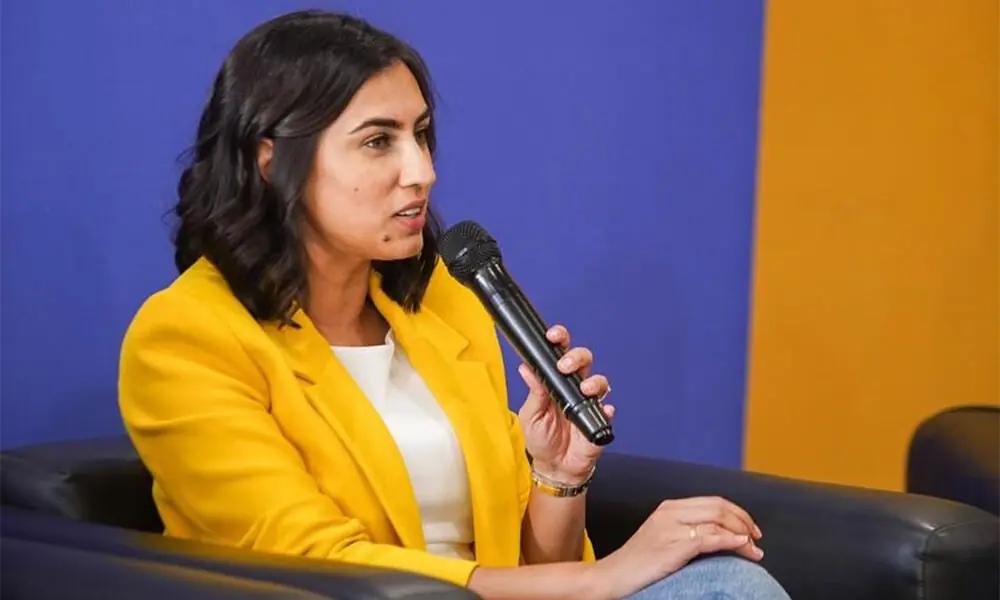


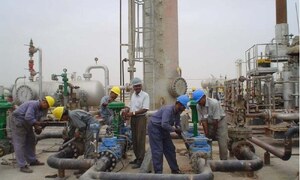
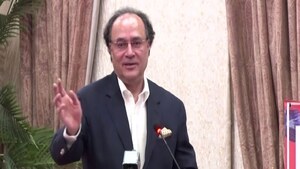


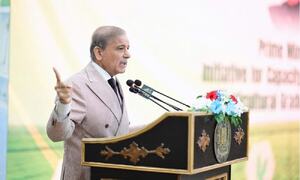



Comments
Comments are closed.